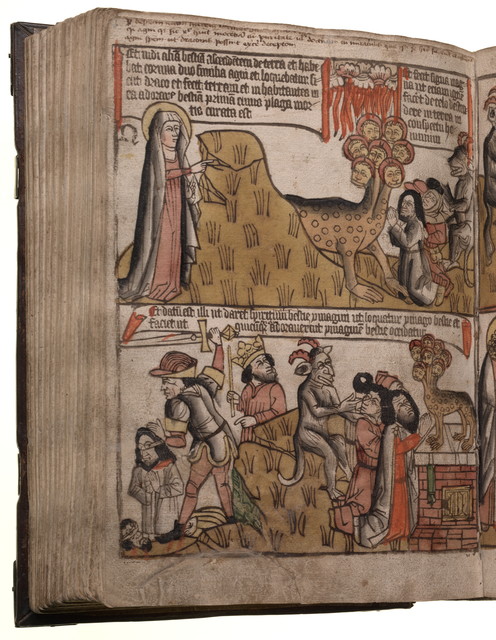
I hope you never get the book of Revelation. The only people who truly “get” that book of the Bible are the enslaved or dominated or persecuted – or all three. This is what I am learning as I am studying to lead my church in a series through the Apocalypse of John.
When my pastor invited me to lead this class with him, I thought it would be interesting and fun. I have not read the book in a while – it is so weird and has been interpreted so weirdly, so wildly. So, I said yes.
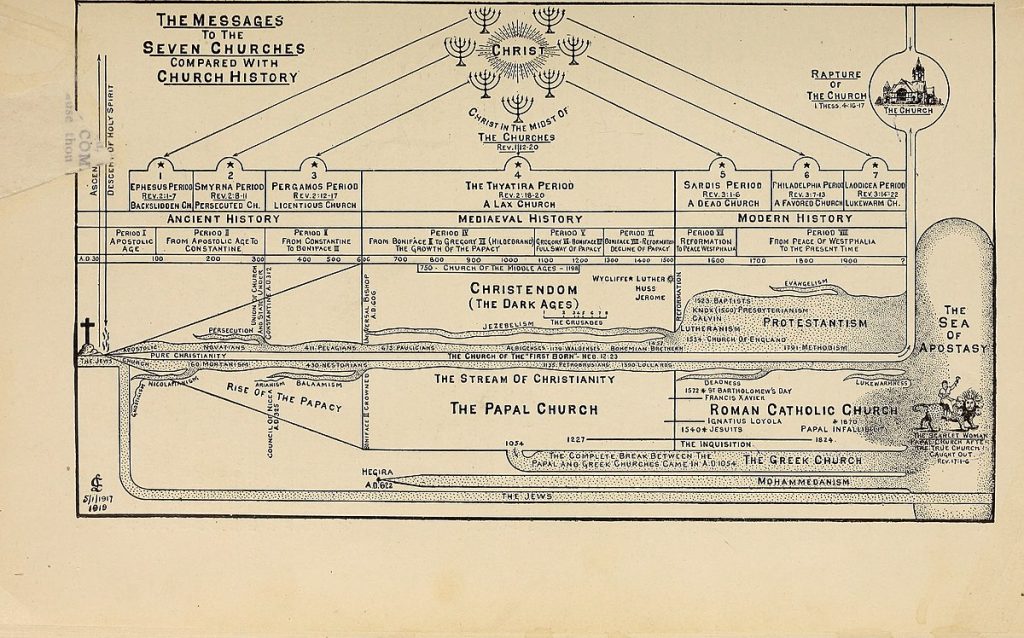
I was steeped in a dispensationalist point of view as a child and young person. I believed we were living in the final of 7 ages of the church, that I would soon be raptured, and that my non-Christian friends and family members were going to go through horrible plagues and tribulations once we saints evacuated the earth. Later, I learned about other ways to interpret Revelation and the other scriptures that point to the end of time and the Second Coming of Jesus. I have a number of commentaries that have helped me to understand and to choose a different way of interpreting those passages.
But I decided to invest some time with newer resources and with scholars that were not publishing when I was in school. One of those writers has helped me to realize that unless I am in a persecuted minority, I will never “know” this book of the Bible. It wasn’t written to me. I believe I can get inspiration from it, so it was written for me, in that sense. But it wasn’t written to me – a middle-class, highly educated, majority-raced, well-connected person who lives in a country that has a first amendment right to the faith (or none) of my choosing.
In 1987, Allan A. Boesak wrote essays about the book of Revelation in Comfort and Protest: An Apocalypse from a South-African Perspective. He was a black man living under South African apartheid, what the US State Department called “the country’s harsh, institutionalized system of racial segregation, [which] came to an end in the early 1990s”. Blacks were the majority population in South Africa – but they had no power, little education, and were forced to remain in poverty. All of this was endorsed and maintained by the political and religious powers. The situation was much like the Christians living in Asia Minor 2000 years ago living under the domination of the Roman government – people longing for justice and liberation.
In his introduction, Boesak refers to the debate in the academy about whether the emperor-endorsed persecution of these Christians was due to Nero or Domitian or Galba. This fact “is ultimately of secondary importance. To the suffering people of God it did not really matter who they suffered under. What mattered is that they suffered…We see and understand the events history from the underside….It is the fact that the weak and destitute remain oppressed which provides the framework for understanding and interpreting history.” (25)
Unlike the Hebrew slaves under the Egyptian Pharaoh or the followers of Jesus under Roman domination or the African slaves in America or the African natives forced to live under apartheid, I have never lived in “the underside.” The book of Revelation was written to people who lived in the underside. In Boesak’s view, the book was written as “underground literature to be read in secret meetings of Christians…[John’s] intention was to comfort, encourage, inspire; by writing a book of protest to call the church to persistent faith and obedience to Messiah, the true Kyrios, the only Lord….In this way, the Apocalypse becomes not only a source of hope for the church of today but also a firm basis for a Christian liberation theology…. [O]ur faith becomes a witness – even unto death – to the right of justice, humanity, and love to exist in this world.” (34-35)
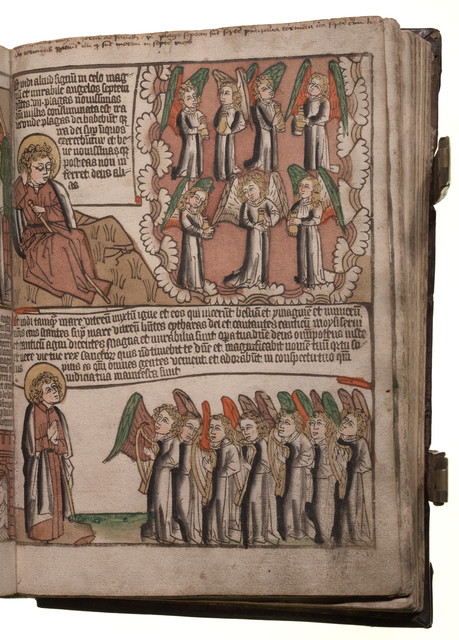
Although Americans do not have a deified emperor that demands our allegiance, there are other “gods” that are given reverence. “The modern gods of racism, militarism, materialism, and oppressive political and exploitive powers confront us with fearsome reality, demanding obedience, loyalty, and slavish submission. As a matter of course, they expect from the Christian church loud applause or, at the very least, silent consent.” (36)
I believe Boesak is right in calling out these demons and he is right is condemning the church’s accommodation to today’s gods. I have never suffered the pain of persecution or the fear of death when I have spoken out against these gods. Others have and do. They can “get” this book. Boesak points to John’s introduction in 1:9: “I, John, your brother who share with you in Jesus the tribulation and the kingdom and the patient endurance [of suffering].” “This is the key. Those who do not struggle together with God’s people for the sake of the gospel, and who do not feel in their own bodies the meaning of oppression and the freedom and joy of fighting against it shall have grave difficulty understanding this letter from Patmos.” (38)
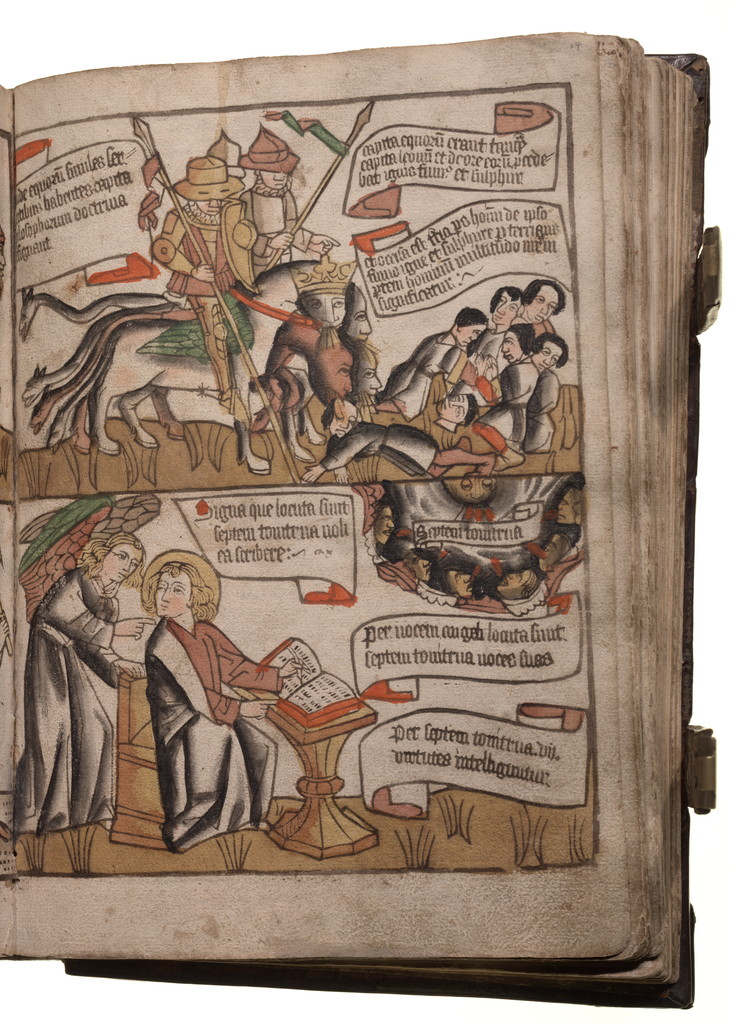
Part of that difficulty of understanding relates to the prayer of the martyrs under the altar of the Temple in Revelation 6. “It is for this judgment that God’s suffering people pray when they cry, ‘How long, Lord?’ The condemnation of this prayer in most commentaries is thunderous and immediate. This is not Christian, they say. It is a nullification of the teaching of Jesus…. People who do not know what oppression and suffering is react strangely to the language of the Bible. The truth is that God is the God of the poor and the oppressed.… The oppressed do not see any dichotomy between God’s love and God’s justice. Why is there this division between the God of the Old Testament and the God of Jesus? Why, on this point, dies the white Western Christianity go back to the heresy of Marcion? God takes up the cause of the poor and the oppressed precisely because in this world their voices are not heard – not even by those who call themselves Christians. God even has to take up the cause of the poor against Christians. Christians who enjoy the fruits of injustice without a murmur, who remain silent as the defenseless are slaughtered, dare not become indignant when the suffering people of God echo the prayers of the psalms and pray for deliverance and judgment.” (72f)
Boesak’s words could have been penned over the last two week’s protests over the death of George Floyd – and of 400 years of systemic abuse of black persons in America. Referring again to the plaintive cry of the martyrs, Boesak says,
“It is a cry of pain and anguish; it is a cry of protest. It is also a cry of hope that God will prove to be the Mighty One, the help of the helpless…. At the moment of detention; in the long, dark nights of incarceration; as the footsteps of your interrogators come down the passage to your cell; above the harsh voices and the scornful laugh; through the blows of fists on tender flesh, the blinding pain of electric shocks; through the hazy, bloody mist of unwanted tears; above the roar of guns and tanks and armoured vehicles; in the nauseating sting of tear gas and the tearing, searing burn of the bullet through your body – the words are shouted, or, whispered: ‘How long, Lord?’ It is in the cries of the suffering and the oppressed that the church will hear the voice of God.” (69)
Revelation, then, is still needed and still available. Can we see what has been revealed? Can we hear the voice of God?
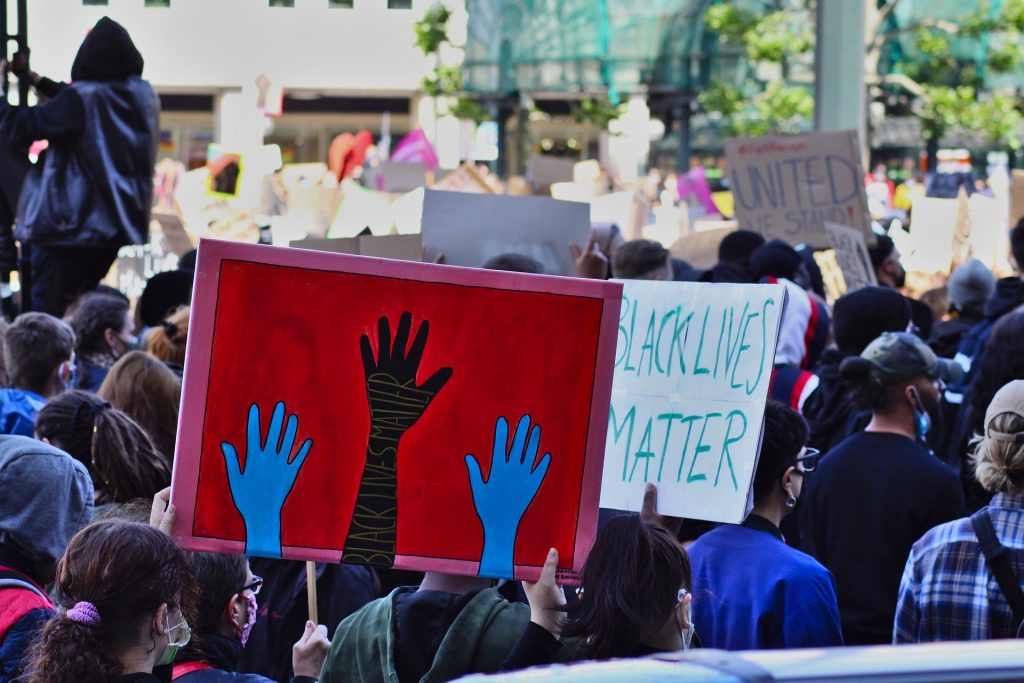

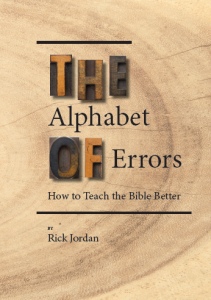
Thanks Rick. An insightful and most helpful perspective.
Thank you, Parke!
Excellent insight, Dr Rick. If the cry of the martyrs is ‘How long Sovereign Lord,’ that word SOVEREIGN is the Gk ‘despotes.’ A despot has great power and, in human history at least, a bad reputation. Perhaps John is contrasting empire rule with God’s?
Yes, the definite call for the 1st century Christians was to be a witness (Gk martyr) that Jesus – not Caesar – is Lord. Obviously, the more “in your face” they made that that proclamation, the more likely they would face persecution.